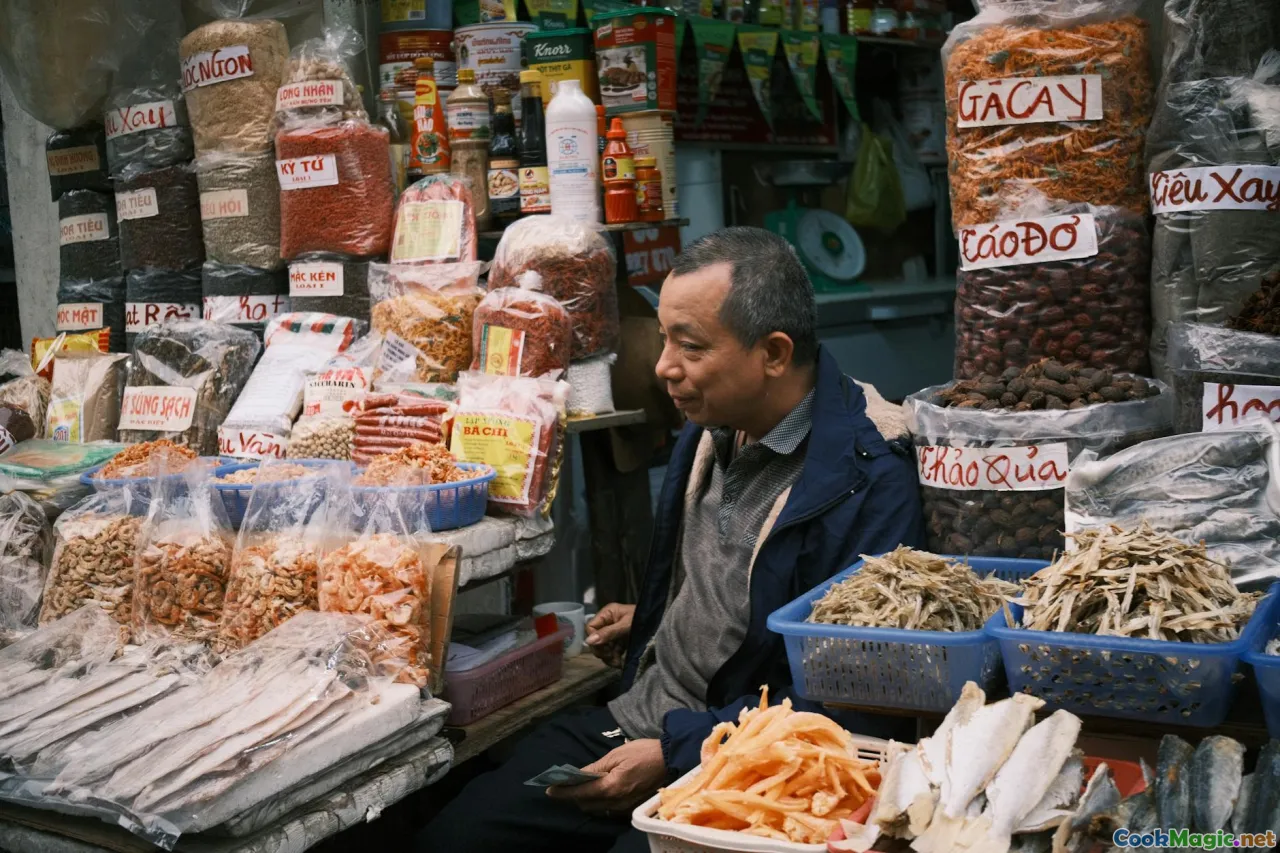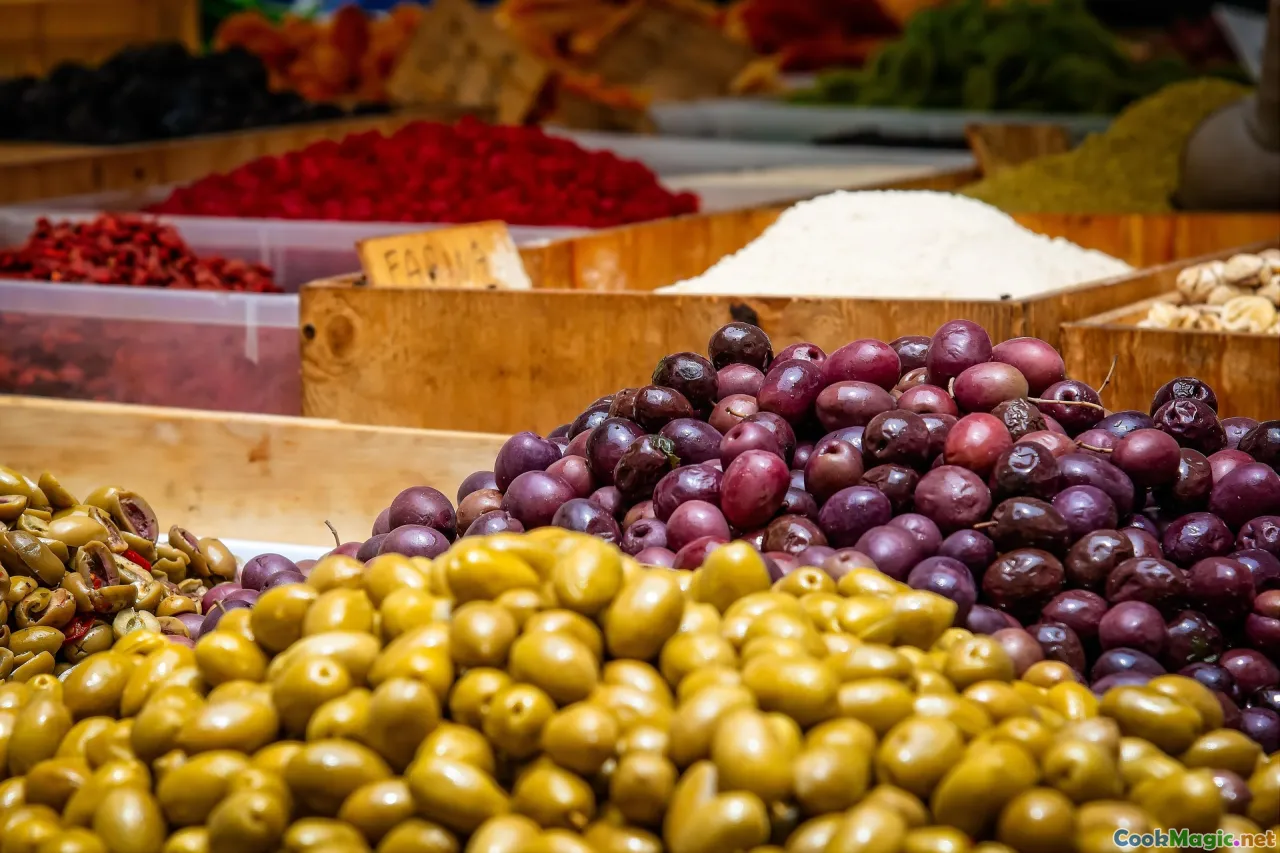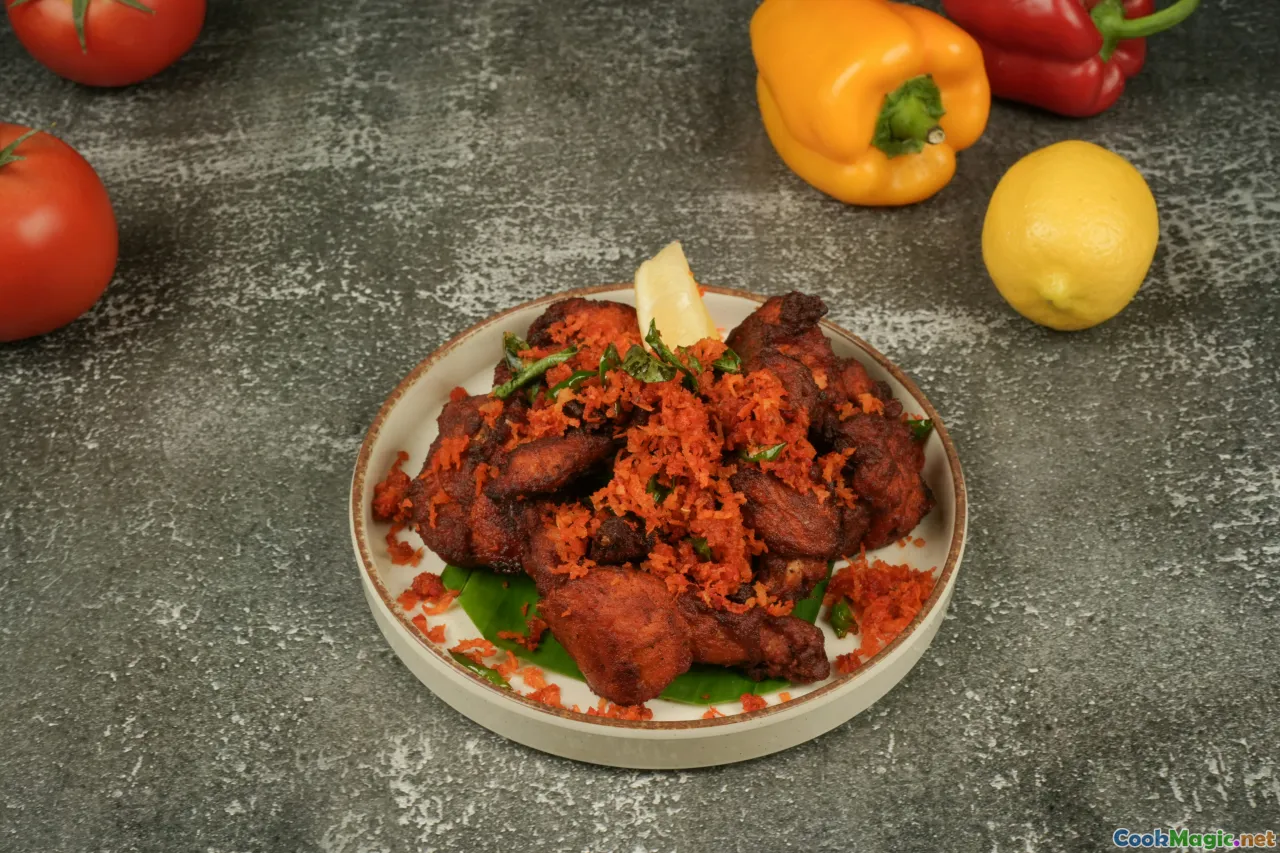Sourcing Indigenous Nigerian Spices Abroad
10 min read Discover methods to source authentic Nigerian spices abroad and elevate your culinary creations with rich, indigenous flavors. July 21, 2025 00:05
Sourcing Indigenous Nigerian Spices Abroad: A Culinary Journey
The aroma of Nigerian spices, their vibrant colors, and the stories woven into each seed and leaf evoke a sensory voyage unlike any other. For culinary enthusiasts passionate about authentic Nigerian cuisine, sourcing these spices abroad is both a challenge and an adventure — a pursuit rooted in reverence for cultural heritage, a desire to sustain traditional flavors, and a love for bold, unforgettable taste experiences.
Imagine walking through bustling markets in Lagos or the serene spice plantations in the hills of southern Nigeria, where smoky nutmeg, fiery calabash pepper, and fragrant oshe leaves abound. While these treasures are embedded in Nigeria’s culinary spine, bringing their essence across borders requires a blend of savvy sourcing, cultural understanding, and genuine appreciation. Delving into this journey reveals deep connections between diaspora tastes and ancestral roots.
Understanding the Rich Spectrum of Nigerian Spices

Nigeria’s cuisine is a tapestry woven from diverse regional influences, each adding distinct notes. From the fiery heat of Ata Rodo (red pepper) to the earthy, warm scent of Ehuru (African nutmeg), these spices belong to a sensory language that tells stories of Igbo, Yoruba, Hausa, and beyond. Key indigenous spices include:
- Calabash Pepper (Pili Pili or Rock Pepper): Small, fiery red berries offering a sharp, motor-mouthing heat.
- Uziza Seeds and Leaves: Providing a peppery, pepper-and-spice aroma, vital in soups like banga and ogbono.
- Ehuru (Calabash Nutmeg): Warm, spicy, with a scent evocative of patchouli—used in yam porridge and pepper soup.
- Scent Leaf (Nchanwu or Efirin): A fragrant, aromatic leaf integral to multiple stews.
- Ata Rodo (Tatashe or Red Bell Pepper): Sweet and smoky, forming the base of many stews.
Understanding these spices’ flavor profiles is crucial whether you are recreating Nigerian jollof rice with its smoky depth or the fiery kick of pepper soup.
The Challenges of Sourcing Indigenous Nigerian Spices Abroad

Translating the warmth of a Nigerian kitchen abroad hinges on access. Several barriers complicate sourcing authentic indigenous spices:
- Availability: Limited retail options often mean these spices are not standard in mainstream international markets.
- Authenticity: The risk of counterfeit or adulterated spices infiltrating supplies can jeopardize authentic flavors.
- Supply Chain: Political, logistical, and economic factors may delay or restrict exports.
- Cultural Preservation: Indigenous spices might be misunderstood, underappreciated, or replaced with substitutes.
Despite these obstacles, passionate cooks and culinary entrepreneurs are finding innovative ways to bridge the gap—hunting down trustworthy suppliers, cultivating relationships, and advocating for authentic ingredients.
How to Source Nigerian Indigenous Spices Effectively Abroad

1. Partner with Trusted Importers and Distributors
Seek out vendors specializing in African, West African, or specifically Nigerian spices. Attending international food expos or African trade fairs can connect you with reliable suppliers. Look for certifications, reviews, and transparent sourcing practices.
2. Engage with Nigerian and West African Communities
Cultural communities often maintain close ties with local farmers and markets. Participating in Nigerian diaspora events or cooking cooperatives increases access to shared resources and firsthand recommendations.
3. Collaborate with Online Specialty Suppliers
Numerous online platforms now curate Nigerian spices. Brands like NigerianSpices.comandAfricanFoodMarket offer products labeled clearly with country of origin. Prioritize those with customer reviews emphasizing authenticity.
4. Consider Direct Importation
For dedicated culinary ventures, establishing a direct relationship with a farm or cooperative in Nigeria can secure fresh, genuine products. Partnering with import brokers experienced in African markets simplifies logistics.
5. Cultivate Your Own Garden or Partner with Local Farmers
In some climates, growing hardy Nigerian herbs like scent leaf or moringa is feasible. Alternatively, small-scale collaborations with Nigerian farmers abroad—especially in regions with significant West African farming communities—can introduce authenticity.
Tips for Verifying Authenticity and Quality

- Check Origin Labels: Ensure packaging states “Produced in Nigeria” or specific regional origins.
- Smell and Visual Inspection: Authentic spices have characteristic aromas and textures—fresh, not stale; vibrant, not faded.
- Sample Tastes: Use small quantities initially to assess the flavor profile.
- Request Certificates of Authenticity: Some suppliers provide documentation attesting to origin and purity.
- Read Customer Reviews and References: Feedback from fellow chefs or home cooks provides insight into product reliability.
Cultural and Personal Stories: Making Nigerian Spices Part of Your Global Kitchen

Many culinary explorers find that sourcing indigenous Nigerian spices is a pathway into a cultural exchange. I recall a journey to Lagos, where I watched vibrant markets brim with spice vendors expertly blending fresh ingredients—each seed and leaf telling a story of tribal heritage, ancestral trade routes, and communal bonds.
Attempting to recreate dishes like Egusi SouporOfada Rice outside Nigeria often feels like a visual and aromatic homage. Yet, it’s more than just flavor; it’s a connection to community, history, and identity. Using authentic spices breathed new life into my cooking and deepened my understanding of Nigeria’s culinary soul.
Incorporating Indigenous Spices into Recipes Abroad
Once sourced, integrating Nigerian spices into your pantry enriches your culinary repertoire. Here are some tips:
- Balance boldness: Nigerian spices pack intensity; adjust quantities to suit your palate.
- Layer flavors: Use smoked paprika or dried calabash pepper to emulate the smoky, fiery notes.
- Experiment with dishes: Beyond traditional stews, incorporate scents and heat into grilled meats, roasted vegetables, or even fusion dishes like Nigerian-inspired tacos.
- Document your journey: Keep notes on spice combinations and preparations, building a personalized Nigerian spice profile.
Celebrating the Heritage Through Food
Bringing Nigerian spices into your kitchen isn’t merely about flavor; it’s a tribute to a continent’s culinary craftsmanship. It’s an act of preservation, sharing stories of resilience, history, and joy. Whether you’re a professional chef or a home cook, knowing where and how to source these indigenous ingredients ensures that the essence of Nigerian cuisine remains vibrant and accessible worldwide.
As the aroma of home-cooked Nigerian dishes wafts through kitchens abroad, they become micro-movements of cultural exchange—bridging continents through the universal language of food.
In every seed imported, in every leaf dried, and in each meticulously sourced spice, lies a world of flavor waiting to be explored—a testament to Nigeria’s rich culinary heritage and its global migration of taste.









